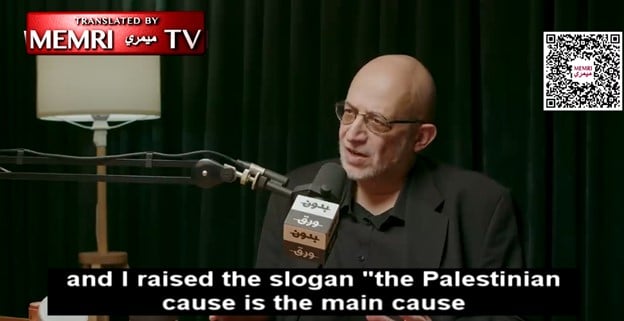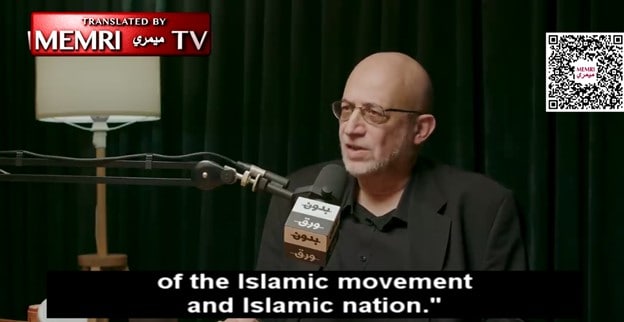Kuwaiti-Palestinian Academic Sami Al-Arian discussed the early days of the emerging of the Muslim Brotherhood in the United States in an episode of the Bidum Waraq podcast that was posted on YouTube on June 6, 2024. He said that the movement was established in the U.S. in the 1960s and that it gained force in the 1970s. Al-Arian explained that it consisted of students in academia who came from Arab countries and that there were tensions between the students who intended to return to their countries and those who planned on settling in the U.S.
He explained that those who planned on staying in the U.S. called the movement "localization of the dawa," while students who planned to return to the Middle East, primarily from the Gulf countries, wished to keep their participation in the organization under wraps, for fear of persecution when they return. Sami Al-Arian, a former professor at the University of South Florida, was a political activist in the U.S. and was invited to the White House several times during both the administrations of Bill Clinton and George W. Bush. In 2015. Al-Arian was deported to Turkey following criminal proceedings involving links to Palestinian terror groups.
To view the clip of Sami Al-Arian, click here or below:
Some Members Of The Muslim Brotherhood In The U.S. Wanted To Open And Localize The Movement; Others, Who Planned To Go Back To Their Home Countries, Where They Were Persecuted, Did Not Want To Be Exposed
Al-Arian: "There was a Muslim Brotherhood movement in America [in the 1970's]..."
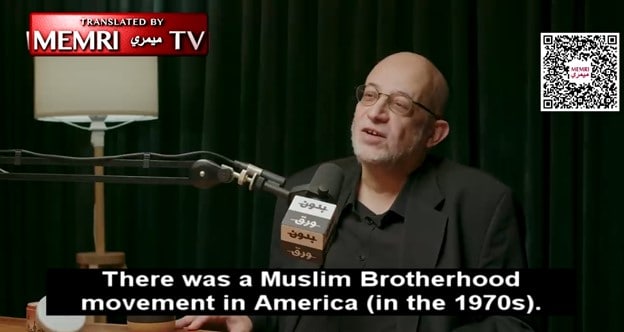
Interviewer: "There was?"
Al-Arian: "Yes."
Interviewer: "Was it registered officially?"
Al-Arian: "No, no. This turned into a problem later on. The Muslim Brotherhood movement existed in America. It consisted of people who were Muslim Brotherhood members in their countries and came to the U.S. to study, or people who studied there. So there was a movement whose early beginnings were in the late 1960's... It was a movement...same thing... families, education, and so on.
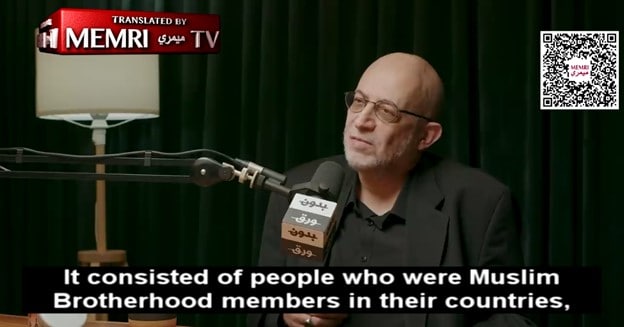
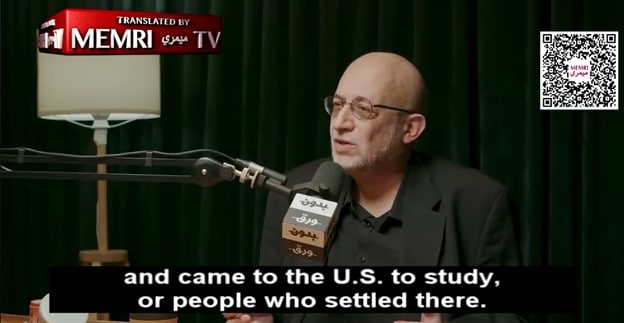
"However, this movement did not have a clear plan of what to do. Many of the students who belonged to the movement were planning to go back home- especially the students from the Gulf, others were not going back.
"I officially joined the movement... Ideologically, I considered myself part of this, but I officially joined in 1978. I had a friend there, I asked him who was in charge, and he said so-and-so. So I went to that man and told him I wanted to become a member. So he opened the way for me, and I joined the movement."
Interviewer: "Was there a pledge of allegiance?"
Al-Arian: "No, nothing like that."
Interviewer: "We always hear about a pledge of allegiance in the Muslim Brotherhood..."
Al-Arian: "I have never encountered this. In America, there was no such thing. In 1978, there was a clear and major dispute in the organization, between people who settled in America and wanted to open the movement, and turn it into a local movement...
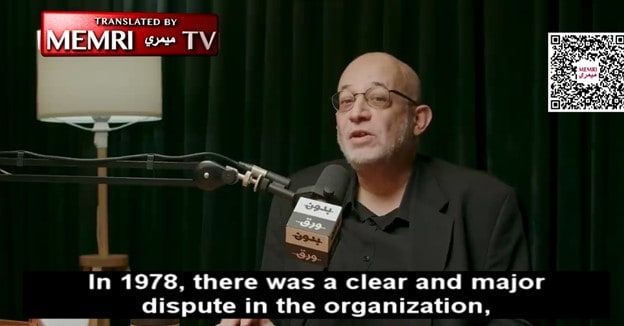
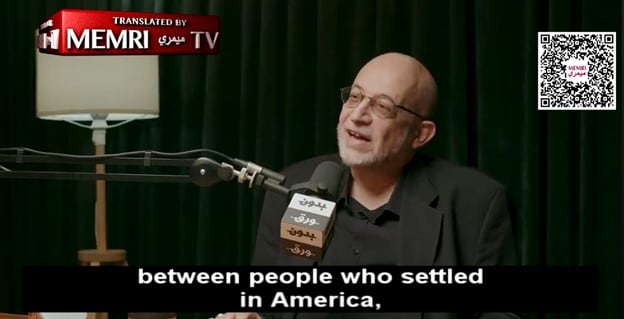
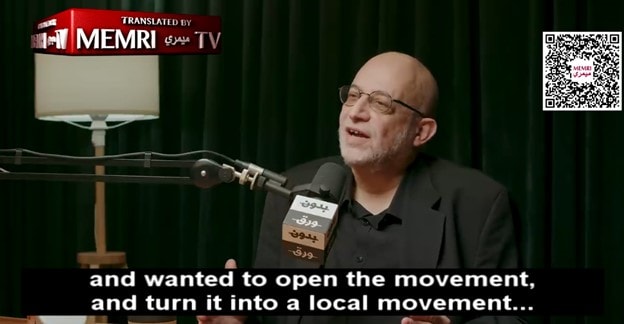
"They called it "localization of the dawa." They had a dispute with people who wanted to keep it clandestine. They were planning on going back to their countries and did not want to be exposed. Back home, they could face oppression and persecution.
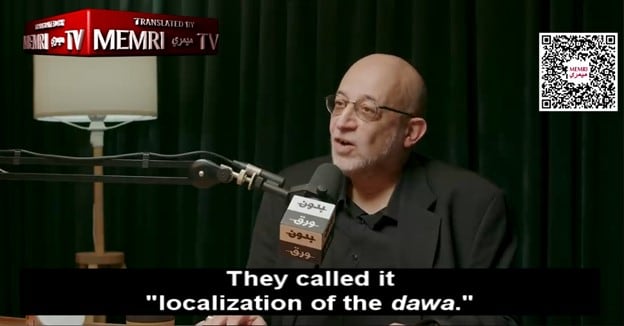
"Most of the people from the Gulf were against this, They were planning on going back to their countries and did not want to join a public movement with the "localization of the dawa" and all that. This was one of the main issues; the people who were settling in, and who would not return. Some Iraqi, Sudanese, Egyptians, and Palestinians were not going to return.
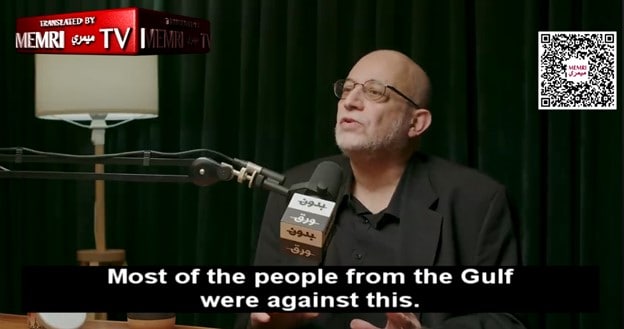
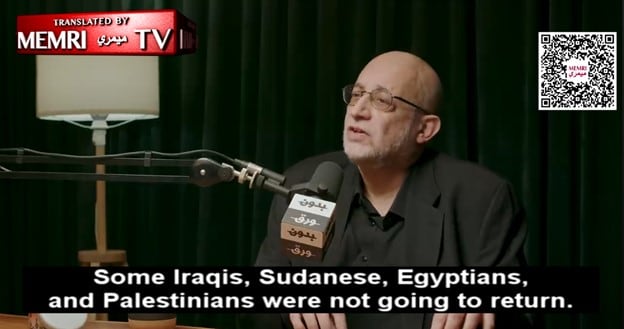
"I myself had no idea. I was still an undergraduate. Actually, I already started my master's degree. So they tried to stage a coup. One group planned a coup against the other. The leaders wanted the localization, and the others warned against them, and thought that I could help them. But of course, I told the brothers to be careful because a coup was coming.
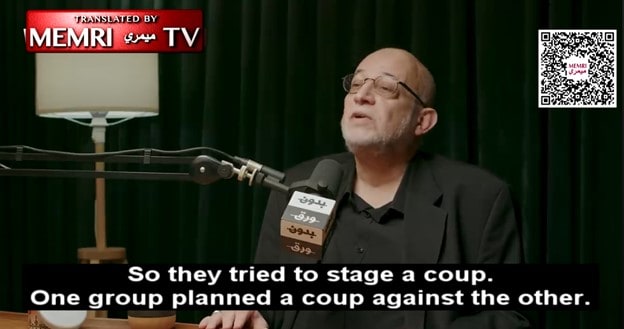
"Incidentally, A Sudanese bomber was coming [to America] and he was very familiar with professional unions. He foiled the coup and showed very impressive leadership skills so he was immediately elected to be the leader. He developed a major plan for the future.
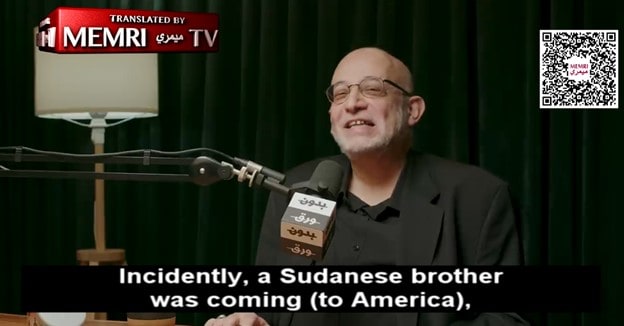
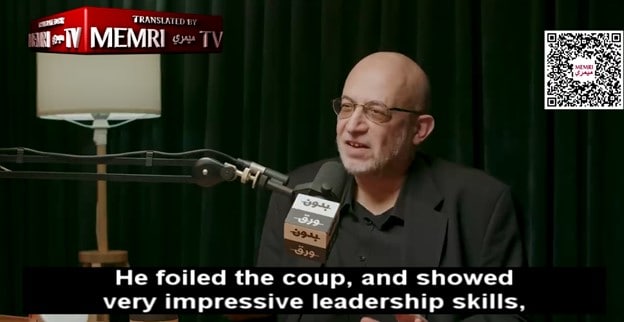
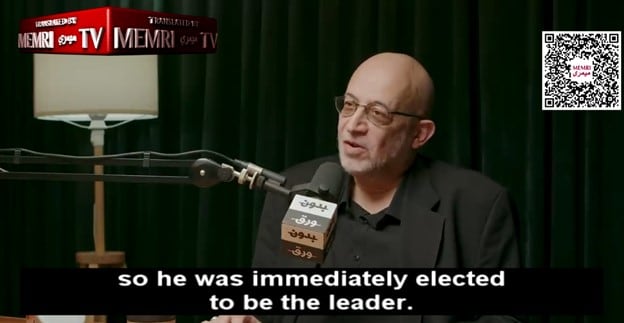
"That was in 1979-1981, under his leadership, the movement in America progressed significantly. The number of its members has doubled, and it became more organized."
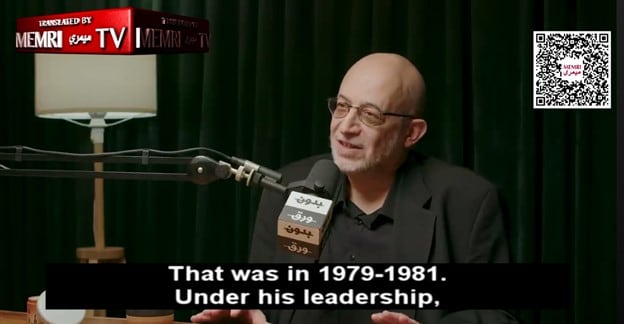
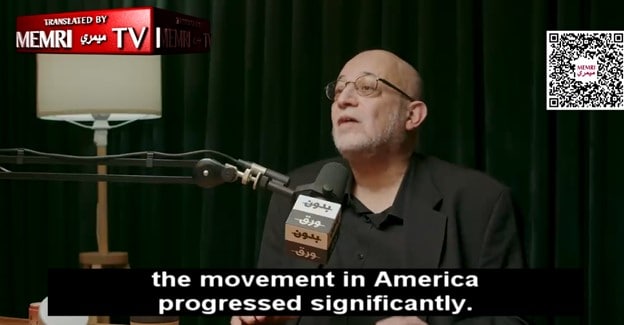
Many Palestinian Students Were Coming To The U.S. In The 1980's; I Established An Independent Institution To Focus On The Palestinian Issue
Interviewer: "How many members were there?"
Al-Arian: "It is difficult to say now. About 1,000-3,000. No more then a few thousands. What I saw as important in the movement was the Palestinian cause. I was part of the Kuwaiti Muslim Youth Association which became the Arab Muslim Youth Association. When the brothers saw that there was a Kuwaiti association somewhere, they turned it to an Arab association, so there would not be too many.
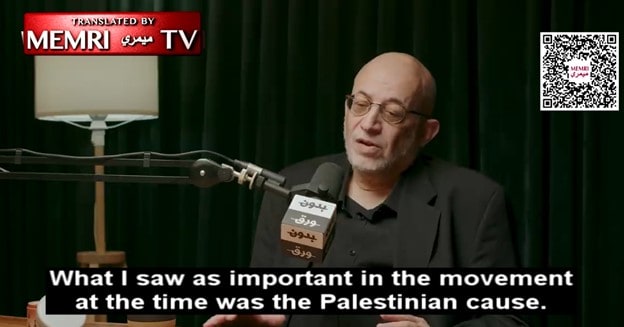
"The ideology was the same so there was no point. I was elected to two terms. In the first two terms I was there. For 3-4 years Kuwaiti brother wore the heads of the organization. And I was on the executive committee.
"In one of our conferences, in 1980, that was when many Palestinian students were coming to the U.S. But in that conference, there was no Palestinian activity... and it became a problem so we put up a committee and I was its head and we decided to establish an independent institution that would focus on Palestine It was founded in 1981 and I invested a lot of effort into it, to tell you the truth.
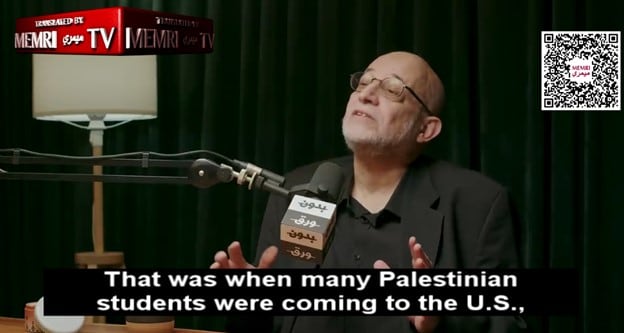
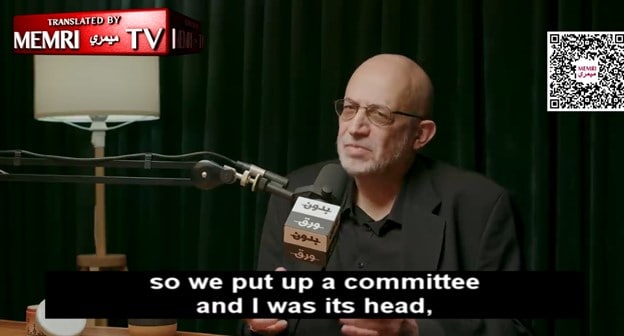
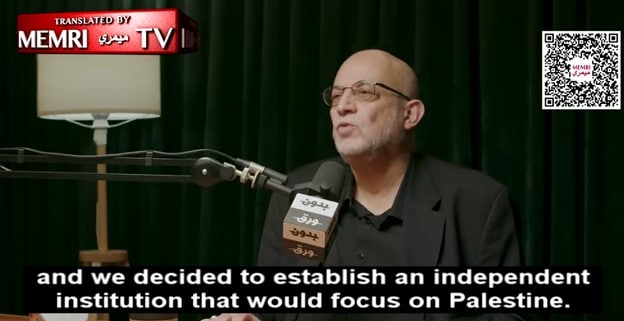
"We had a publication, and I raised the slogan "the Palestinian cause is the main source of the Islamic movement and Islamic nation. Later, I encountered major ideological problems and other issues that had to do with conduct. So I decided to leave. I left [the organization] in 1983."
